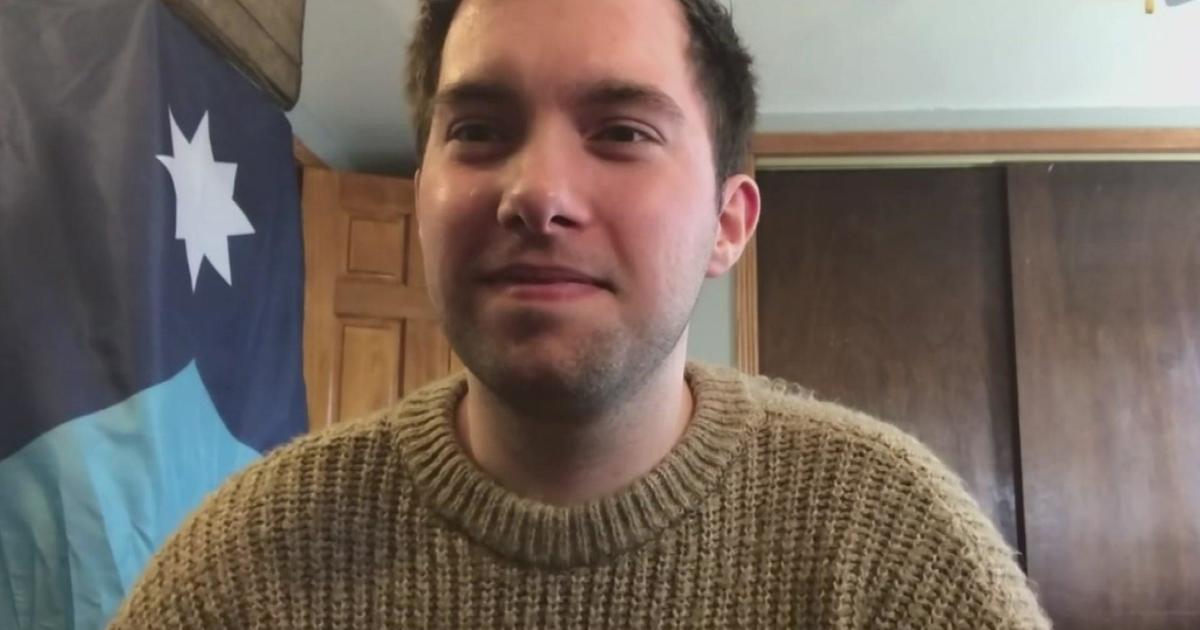'The Inn Is Not Full In Minnesota': Gov. Walz Says State Will Keep Resettling Refugees
MINNEAPOLIS (AP) -- Minnesota state government will continue to consent to refugee resettlement, Gov. Tim Walz said Friday, in response to a recent presidential executive order that requires consent from states and counties.
"The inn is not full in Minnesota," the Democratic governor said in a letter to Secretary of State Mike Pompeo just ahead of the Christmas holiday.
Walz also said he rejects the intent of the executive order and reserves the state's right to challenge its requirements.
"Minnesota has a strong moral tradition of welcoming those who seek refuge," he wrote. "Our state has always stepped forward to help those who are fleeing desperate situations and need a safe place to call home. In keeping with this proud history, I offer my consent to continue refugee resettlement in the State of Minnesota."
Minnesota has the country's largest Somali and Karen populations and the second-largest Hmong population, made up of people who fled their war-torn homelands and their descendants.
Under President Donald Trump's executive order from September, state and local governments must both consent to allowing refugee resettlement, giving governors, county boards and city governments the chance to decide how welcoming they will be. Kandiyohi County in west-central Minnesota apparently became the state's first county to consent last week, while others are still waiting to decide.
In North Dakota, Burleigh County agreed Monday to accept no more than 25 refugees next year after initially signaling it would become what refuge resettlement groups believed would have been the first local government in the country to block refugees altogether. Burleigh is home to about 95,000 people and includes the capital city of Bismarck. The county board voted after North Dakota Gov. Doug Burgum last month said his state would continue to receive refugees — as long as local jurisdictions agree.
Trump's order said the administration was respecting communities that can't take in refugees. He announced the change at the same time that his administration cut the number of refugees the U.S. would accept from 30,000 this year to 18,000 in 2020, the lowest level since Congress passed the Refugee Act of 1980. Some resettlement groups have sued to block Trump's order. At least five other state governments have signaled that they'll continue to accept refugees, and no governor has said threatened to use the new power to ban resettlement.
Walz said refugees strengthen and diversify communities for the better.
"Refugees are doctors and bus drivers. They are entrepreneurs and police officers. They are students and teachers," he said. "They are our neighbors."
(© Copyright 2019 The Associated Press. All Rights Reserved. This material may not be published, broadcast, rewritten or redistributed.)



